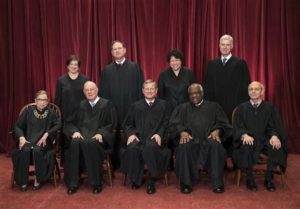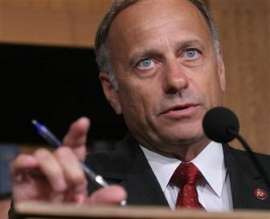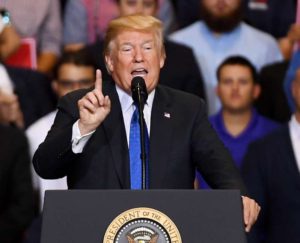U.S. Sen. Ted Cruz and his wife, Heidi, have been treated badly by those who are angry over his support of U.S. Supreme Court nominee Brett Kavanaugh.
There’s a certain irony in the way the Cruzes were forced to leave a trendy Washington, D.C., restaurant. A crowd of protesters accosted them verbally at the restaurant, criticizing the senator for his support of Donald Trump’s selection to the highest court in America.
Kavanaugh, in case you’ve been in outer space for the past few weeks, has been accused of sexual assault on a woman when he was a teenager.
To be totally candid, as much as I dislike Sen. Cruz and want him to lose his re-election bid in November, I also dislike the manner in which these protests have been targeted against some political leaders and their family members. White House spokeswoman Sarah Huckabee Sanders and her family got the same kind of treatment; so did former Environmental Protection Agency administrator Scott Pruitt. Let me be clear: I disapprove of those who would badger and hassle public officials who seek some private time.
And so, now it’s Ted and Heidi Cruz’s turn. Oh, the irony?
The man against whom Cruz is running, Democratic challenger Beto O’Rourke, has gained a lot of political momentum by calling for a return to the better angels of our political society. O’Rourke has been lambasting the politics of division, of rancor, of hatred.
By my way of looking at it, this is the kind of behavior that O’Rourke should condemn in the strongest terms possible.




